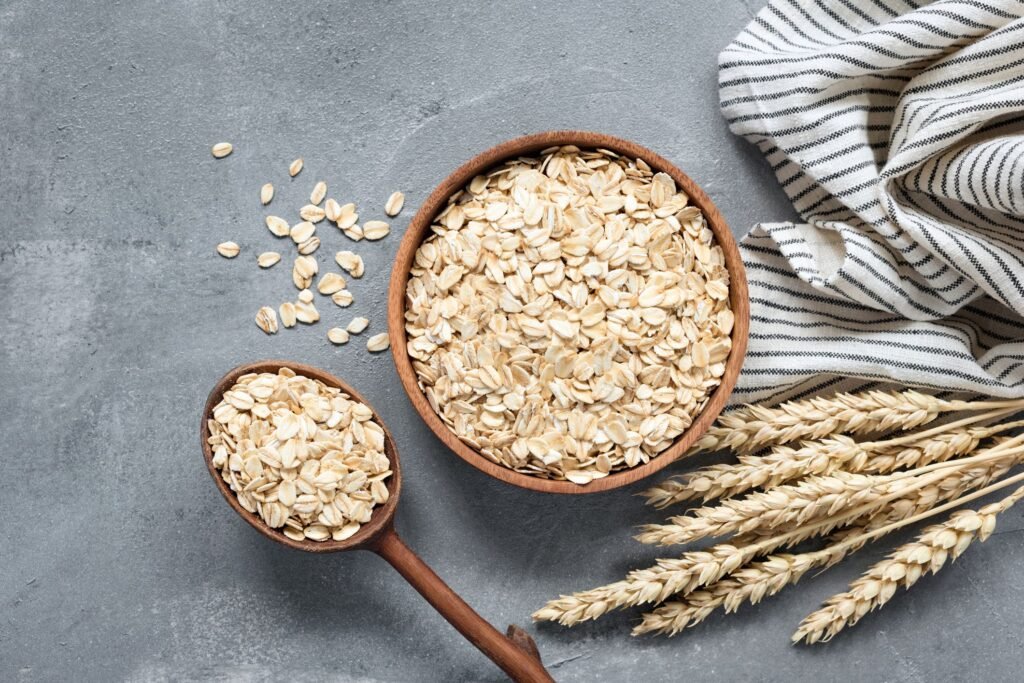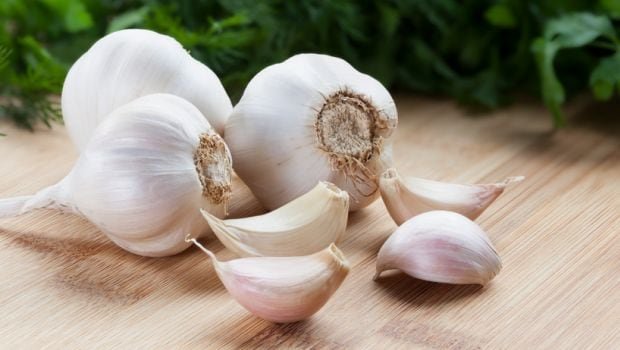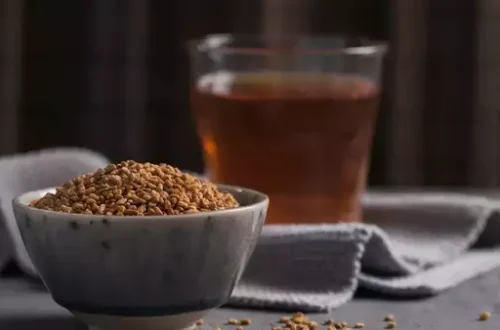Understanding Cholesterol

Cholesterol is a vital fatty substance in the body, playing a crucial role in cell structure and hormone production. However, maintaining a balance is key to a healthy cardiovascular system. LDL (low-density lipoprotein), often termed “bad cholesterol,” can accumulate in arteries, leading to plaque formation and heart issues. On the other hand, HDL (high-density lipoprotein), known as “good cholesterol,” helps remove excess LDL from the bloodstream. Striking a balance is essential for overall health, as elevated LDL levels pose risks. This section explores the significance of cholesterol balance and its impact on heart health, emphasizing the need for proactive management.
The Impact of High Cholesterol
Elevated cholesterol levels significantly heighten the risk of severe health complications, prominently heart disease and stroke. Excess cholesterol, especially LDL or “bad cholesterol,” can form arterial plaques, restricting blood flow and potentially causing heart attacks. Additionally, these plaques can rupture, leading to blood clot formation and triggering strokes. Managing cholesterol levels is paramount for overall well-being, as it directly correlates with cardiovascular health. This section emphasizes the critical need to address high cholesterol proactively, underscoring the potential life-threatening consequences and the importance of adopting lifestyle changes for a healthier, more resilient cardiovascular system.
Lifestyle Changes for Lowering Cholesterol
Maintaining healthy cholesterol levels is not only achievable but also crucial for overall well-being. Making strategic lifestyle changes can significantly impact cholesterol levels, reducing the risk of heart disease and promoting cardiovascular health.
1.Balanced Diet for Heart Health

Adopting a heart-healthy diet is fundamental to managing cholesterol levels. Focus on incorporating foods that contribute to lowering LDL (“bad cholesterol”) and promoting the increase of HDL (“good cholesterol”). Include ample fruits, vegetables, whole grains, and lean proteins in your daily meals. Foods rich in soluble fiber, such as oats, beans, and fruits, can actively lower LDL cholesterol. Omega-3 fatty acids found in fatty fish like salmon and flaxseeds also contribute to a heart-healthy diet.
2.Regular Physical Activity

Engaging in regular physical activity is a powerful tool for cholesterol management. Exercise helps raise HDL cholesterol and lowers LDL cholesterol, contributing to an overall healthier lipid profile. Aim for at least 150 minutes of moderate-intensity aerobic exercise per week. Simple activities like brisk walking, cycling, or swimming can make a substantial difference. Strength training exercises, focusing on major muscle groups, are also beneficial. Consider integrating exercise into your routine by taking the stairs, walking instead of driving for short distances, or participating in fitness classes.
3.Stress Management and Adequate Sleep

Chronic stress and insufficient sleep can contribute to higher cholesterol levels. Implement stress-reduction techniques like meditation, deep breathing exercises, or yoga into your daily routine. Ensure you get 7-9 hours of quality sleep each night, as inadequate sleep can disrupt metabolism and impact cholesterol regulation.
4.Hydration and Limiting Alcohol

Staying hydrated supports overall health, including cholesterol regulation. Aim for at least 8 glasses of water per day. Limit alcohol consumption, as excessive intake can contribute to elevated cholesterol levels.
Incorporating these lifestyle changes can make a significant impact on your cholesterol levels. It’s important to consult with a healthcare professional before making substantial changes to your diet or exercise routine, especially if you have pre-existing health conditions. By embracing these changes, you empower yourself to take charge of your cardiovascular health and reduce the risk of high cholesterol-related complications.

Effective Home Remedies for Lowering Cholesterol
Exploring natural remedies for cholesterol management unveils a spectrum of accessible options that can make a significant impact on your cardiovascular health.
1.Incorporating Oats and Fiber

Oats and high-fiber foods are renowned for their cholesterol-lowering properties. The soluble fiber in oats, known as beta-glucans, actively reduces LDL cholesterol levels. To incorporate oats into your diet, start your day with a hearty bowl of oatmeal. Add sliced fruits, such as berries or bananas, for a delicious and nutritious twist. Consider blending oats into smoothies or using oat flour in baking recipes for added versatility. Snacking on fiber-rich foods like nuts and seeds throughout the day further supports cholesterol management.
2.Power of Omega-3 Fatty Acids

Omega-3 fatty acids play a crucial role in reducing cholesterol and promoting heart health. Fatty fish such as salmon, mackerel, and trout are excellent sources of these essential fatty acids. Incorporate fish into your meals at least twice a week to reap the benefits. For non-fish options, consider flaxseeds, chia seeds, and walnuts, which are rich in alpha-linolenic acid (ALA), a plant-based omega-3. Including these foods in salads, yogurt, or smoothies provides a tasty and cholesterol-friendly alternative.
3.Garlic and Its Cardiovascular Benefits

Garlic has long been recognized for its cardiovascular benefits, including its ability to lowering cholesterol levels. Allicin, a compound present in garlic, is credited with these cholesterol-lowering properties. Incorporating fresh garlic into your meals, either minced or crushed, enhances flavor while providing health benefits. For those who may not enjoy the taste of raw
, garlic supplements are available, offering a convenient alternative to support cardiovascular health.
4.Lifestyle Integration for Enhanced Results

While these home remedies contribute to lowering cholesterol, integrating them into a holistic approach alongside a heart-healthy diet and regular exercise amplifies their effectiveness. Experiment with various recipes and find enjoyable ways to incorporate these cholesterol-friendly ingredients into your daily meals. It’s advisable to consult with a healthcare professional before making significant changes to your diet or adding supplements, especially if you have existing health conditions or concerns.
Consultation and Monitoring
Empower yourself by prioritizing regular consultations with healthcare professionals for cholesterol monitoring. Schedule routine check-ups to assess your cholesterol levels and discuss personalized strategies for effective management. Healthcare professionals can provide valuable insights, offer guidance on lifestyle modifications, and, if necessary, prescribe medications tailored to your specific needs. Regular monitoring ensures that you stay informed about your cardiovascular health, allowing for timely adjustments to your plan and contributing to a proactive and preventive approach against potential risks associated with high cholesterol.
If you have any queries related to medical health, consult Subhash Goyal or his team members on this given no +91 99150 72372, +91 99150 99575, +918283060000




